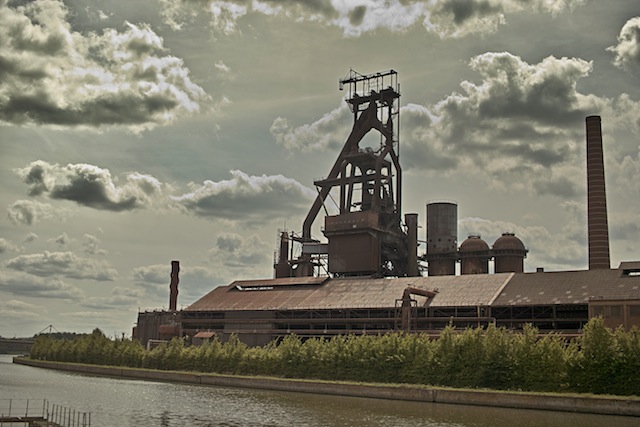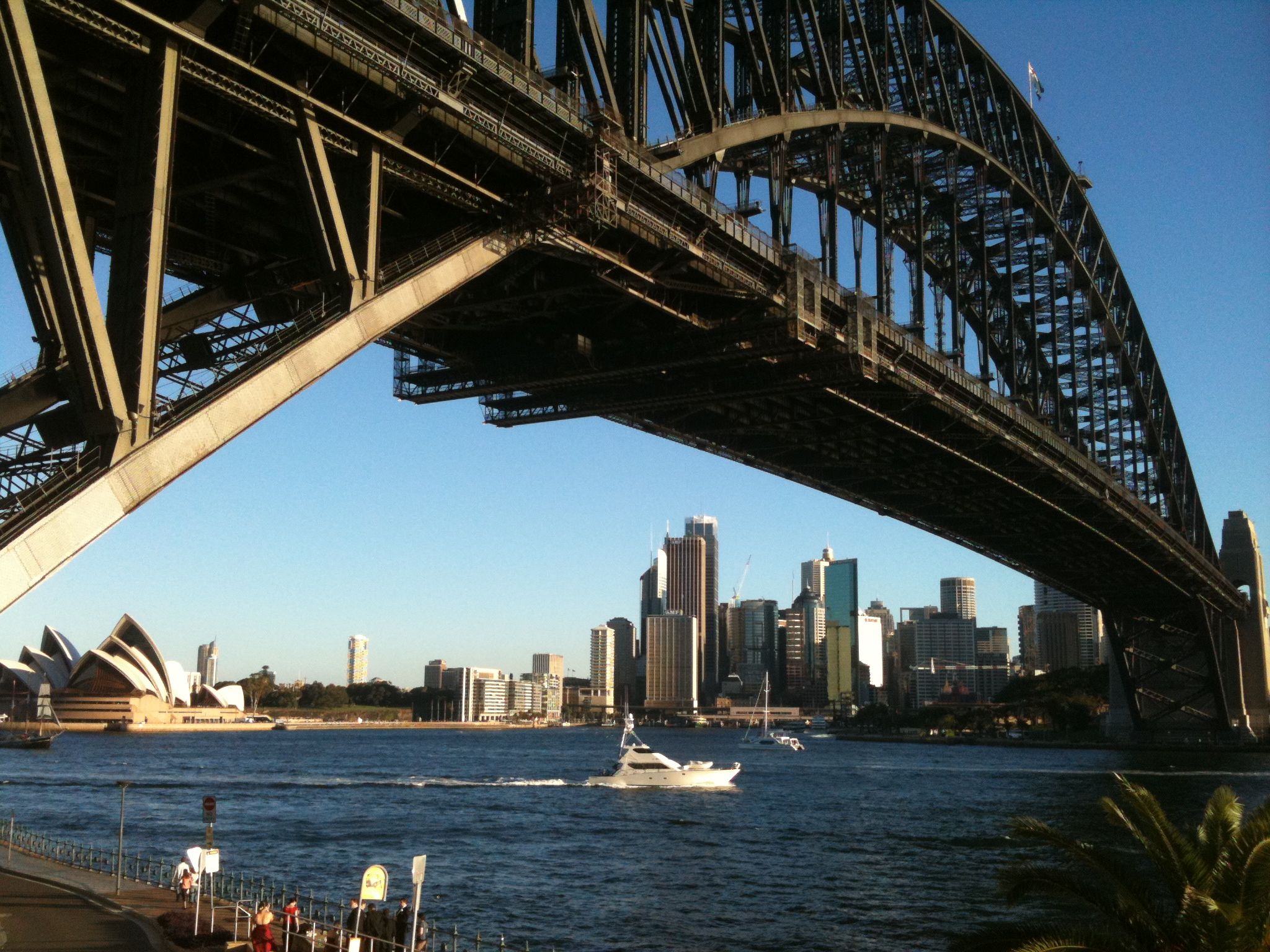Does tying together two lame men give you an Olympic sprinter?
It’s quite common in the business world to see two second rate companies merging in the hope that their combined market share will give them enough momentum to overcoming the market leader.
The tactic rarely works as the businesses running third, fourth or fifth in a market are usually doing so because they have ordinary products or indifferent management rather than any inherited size disadvantage.
Merging two second-rate companies usually results with a pair of competing silos of mediocrity where the former workforce and management of the original business squabble over power in the new entity.
Far from being more competitive, the merged company is even more distracted with internal politics and power plays.
The story that Australian department store Myer proposed a merger with its rival David Jones is a very good example of this as two poorly run companies whose managements that have abjectly failed to adapt to the modern times, try to paper over their chronic problems by merging.
Both companies have failed internet strategies – Myer’s website managed to collapse during the Christmas sales season and no-one could be bothered fixing it for over week.
Along with lousy internet strategies, both companies have underinvested in IT systems leaving their point of sales and logistics systems antiquated and incapable of meeting modern customers’ needs.
Probably the greatest mistake that Myer and David Jones’ management made though was a focus on cutting costs through reducing sales staff.
The resulting lousy and often pathetic service resulted in both brands being seriously tarnished and had the effect of driving high value customers away.
Further damaging the stores reputation was the tactic of offering perpetual sales which trained the customers that would still shop with them into waiting for goods to be marked down rather than paying full price.
Merging the two operations would have done little to resolve any of the long term management failings of the two businesses, although no doubt there would have been some fat advisors fees for some of the boards’ friends.
Nothing fixes poor management better than getting rid of the poor managers, merging two poorly run business like Myer and David Jones does nothing.
Retailers failing as their poor management struggles to deal with changing marketplaces is an international problem, as this story about US chain Sears illustrates. The Australian experience though is a classic case study of two poorly led organisations trying to pretend their failings can be fixed through mergers.
Resolving the problems of troubled companies like Sears, David Jones and Myer involves having good management and smart investment, merging with a similarly troubled organisation solves little except perhaps putting off the day of reckoning.






